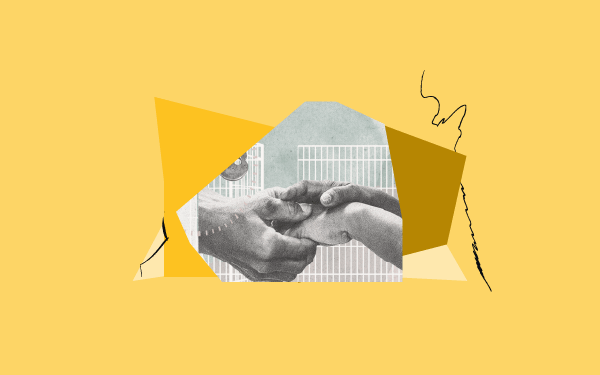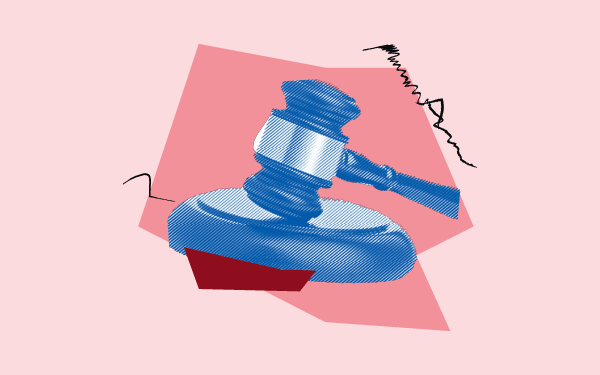People incarcerated in Maine jails and prisons have the right to file a grievance if they believe their civil rights were violated.
If you are currently incarcerated and believe that your civil rights have been violated, you may consider filing a lawsuit against the prison, jail, or officials. However, before filing a lawsuit, you must file a grievance. This requirement comes from the Prison Litigation Reform Act (PLRA), a 1996 law that was designed to make it more difficult for incarcerated people to hold jails, prisons, and corrections employees accountable for wrongdoing.
Open the menus below to learn more about your rights when you believe your civil rights may have been violated in Maine jails and prisons.
Stay Informed
Sign up to be the first to hear about how to take action.
By completing this form, I agree to receive occasional emails per the terms of the ACLU’s privacy statement.
By completing this form, I agree to receive occasional emails per the terms of the ACLU’s privacy statement.




